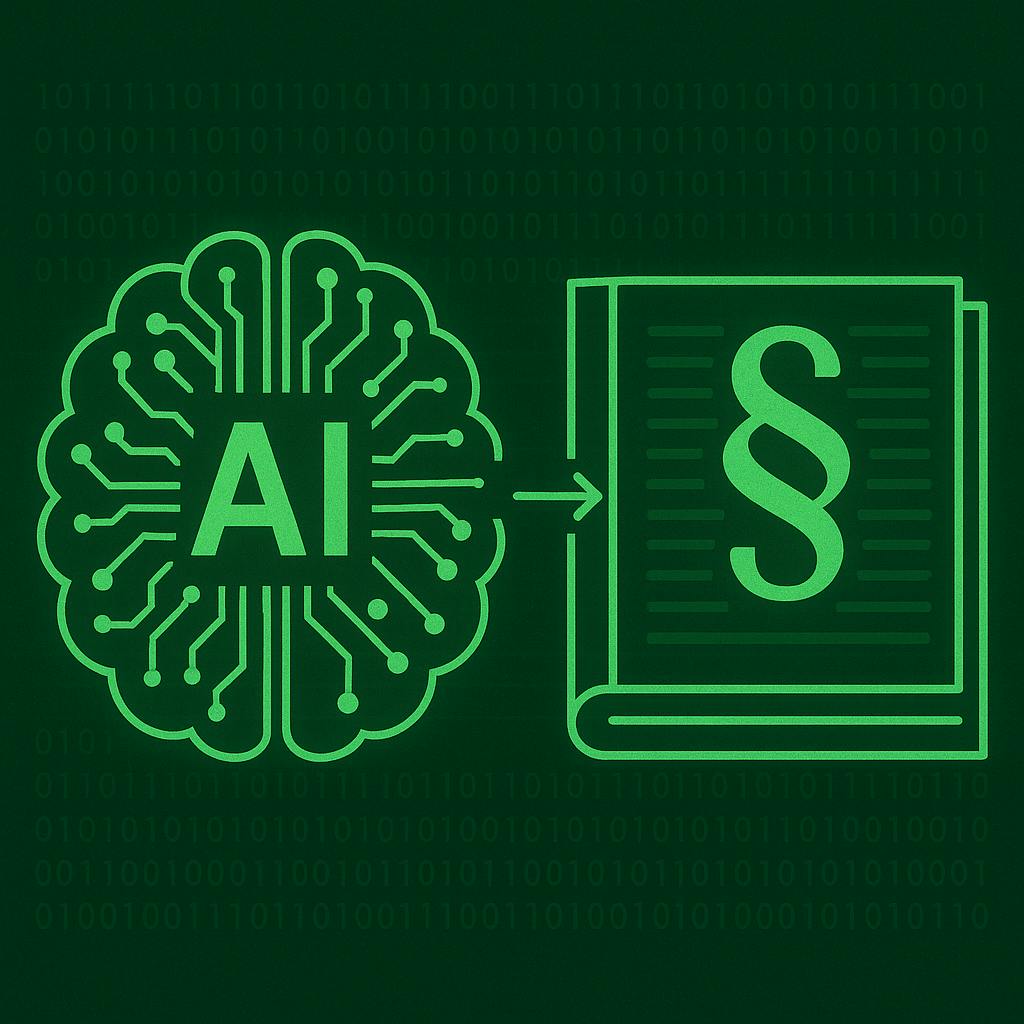
"The current legal landscape is burdened by reliance on human interpretation, while the concept of Compiled Norms suggests that legal norms could be executed directly without human mediation."
"Compiled Norms introduces a framework that prioritizes structural executability over interpretive ambiguity, allowing legal expressions to function like lines of code executed by machines."
"Key to this proposal is the distinction made between declarative legal language and compiled legal language, where only the latter can be operationalized in automated systems."
"The proposed typology of computable legal speech includes criteria such as grammatical hierarchy, closure structure, semantic ambiguity, and deterministic parsing, redefining how legal norms can be understood."
The premise of Compiled Norms posits that legal norms may not need interpretation for enforcement, akin to executable code. This framework challenges current legal paradigms by introducing the concept of structural executability, primarily supporting automation technologies like smart contracts. A new typology of legal acts is proposed, defined by four criteria: grammatical hierarchy, closure structure, semantic ambiguity, and deterministic parsing. This shifts the focus from human interpretation to machine execution, potentially transforming the nature of legal authority and understanding within automated legal environments.
Read at Hackernoon
Unable to calculate read time
Collection
[
|
...
]